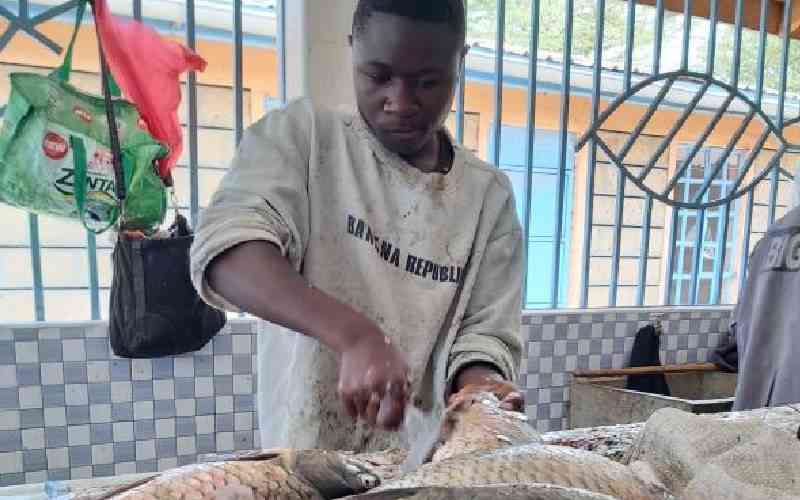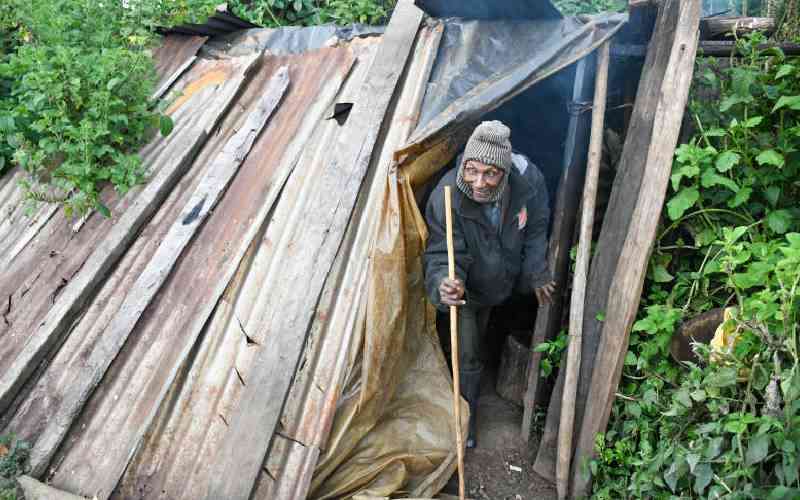
The fishing sector in Lake Naivasha is on its knees due to poaching and failure by the Nakuru county government to restock.
Lake Naivasha Network Group said fish catch has dropped by more than 70 per cent in the last five months and warned that this could worsen in the coming days.This comes at a time when cases of drowning mainly involving minors and ‘foot-fishermen’ have risen.
Lake Naivasha Network Group secretary Grace Nyambura regretted that tens of fishermen and traders have been rendered jobless due to the drop in fish catch.Nyambura blamed the drop in fish catch on overfishing mainly by illegal fishermen.
“Fish catch in the lake has dropped by over 70 per cent and this has forced many who relied on the lake to seek alternative sources of livelihood,” she said.
She said the current situation had been worsened by failure by the county government to restock despite earning millions in taxes from the sector.
“As fish catch drops, we have seen an increase in cases of drowning mainly from those illegally using makeshift boats or fishing along the shore of the lake,” she said.
Nyambura attributed the high drowning cases to use of makeshift boats by minors who drop out of school to join the illegal but lucrative fish trade.
“We have noticed a trend where minors have now joined in the illegal fishing and we are asking the government to intervene before more lives are lost,” she said
Friends of Lake Naivasha chairman Francis Muthui said majority of those who had drowned in the lake were aged below 25.
He cited an incident where two men aged 20 and 21 drowned in Kasarani area while illegally fishing on the shores of the lake.
“We are deeply concerned by the rising cases of drowning in the lake involving very young men and it’s time the necessary arms of the government intervened,” he said.
At the same time Muthui said that in the last couple of years, the number of the hippos had also doubled against the rising water levels leading to an increase in the fatal attacks.
“Due to an increase in the number of the illegal fishermen and reduced grazing spaces, the animals have become very wild attacking anyone on sight,” he said.
 The Standard Group Plc is a multi-media organization with investments in media platforms spanning newspaper print
operations, television, radio broadcasting, digital and online services. The Standard Group is recognized as a
leading multi-media house in Kenya with a key influence in matters of national and international interest.
The Standard Group Plc is a multi-media organization with investments in media platforms spanning newspaper print
operations, television, radio broadcasting, digital and online services. The Standard Group is recognized as a
leading multi-media house in Kenya with a key influence in matters of national and international interest.











